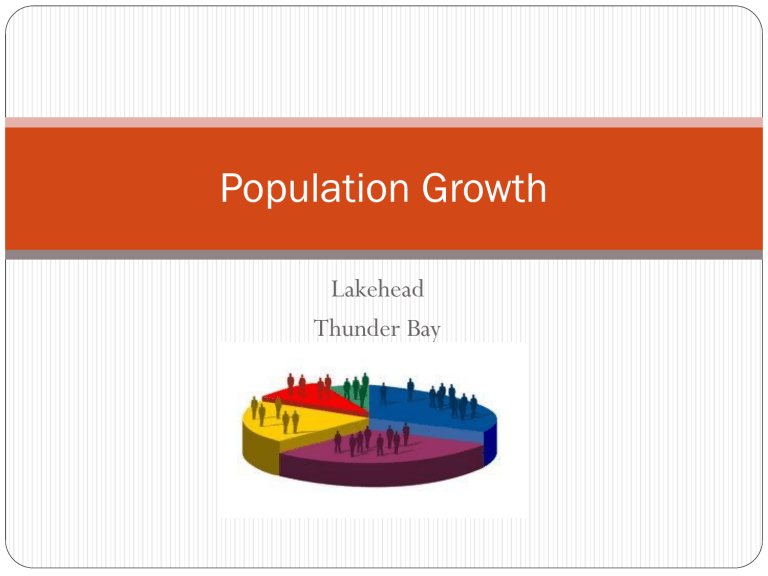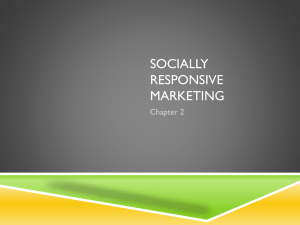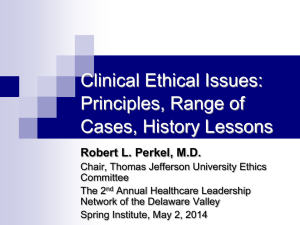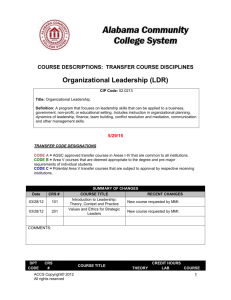Population Growth

Population Growth
Lakehead
Thunder Bay
Population Ethics
Inter-generational ethics: current growth will stop one day, simply because the planet cannot sustain an infinite number of people.
Humane way, fewer births
Natural way, more deaths
International ethics: The affects of one individual affect that of everyone around the world. Poor people are the first to suffer
Reproductive ethics: If two people with two living children have a third child, they will ratchet up the population of the planet and create more damage on the planet.
Population Ethics
Humanitarian ethics: 220 million women world-wide lack access to family planning, and 40% of pregnancies are unintended. With family planning and better education unplanned pregnancies can be avoided
Inter-species ethics: Other species have the same right to the planet, however loss of habitat is making it difficult to reproduce
Political ethics: Governments should state the goals to reduce and stablize the population, promote family planning and ensure reduced environmental impacked.
Developing Countries
By 2050 the population is expected to grow by 34%, where
90% of that growth will come from developing countries
Developing countries have the highest population growth
Large families make for large working force
Lack of education
Lack of proper birth control
African countries see the highest growth rates
Population growth by country
Population Control
China has had a one-child policy since 1979 to alleviate social, economic, and environmental problems
There are many social and moral factors that are caused by implementing a one-child policy
In Iran conception courses are mandatory for all couples seeking a marriage licence, resulting in smaller families
England is Europe's most heavily populated country, however they have no control.
Questions
Do you think a One-child policy is a good idea?
Is there a better way to control population growth?
Do you think the population is going to be controlled by policy and education or through death, disease and infection?











